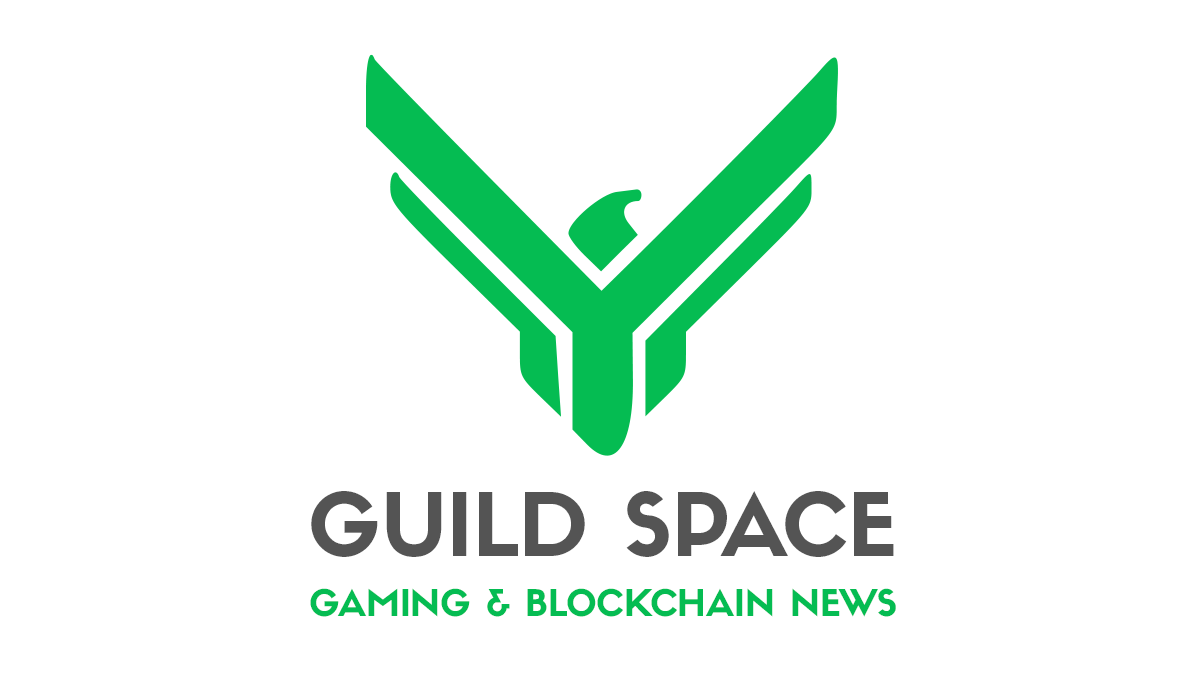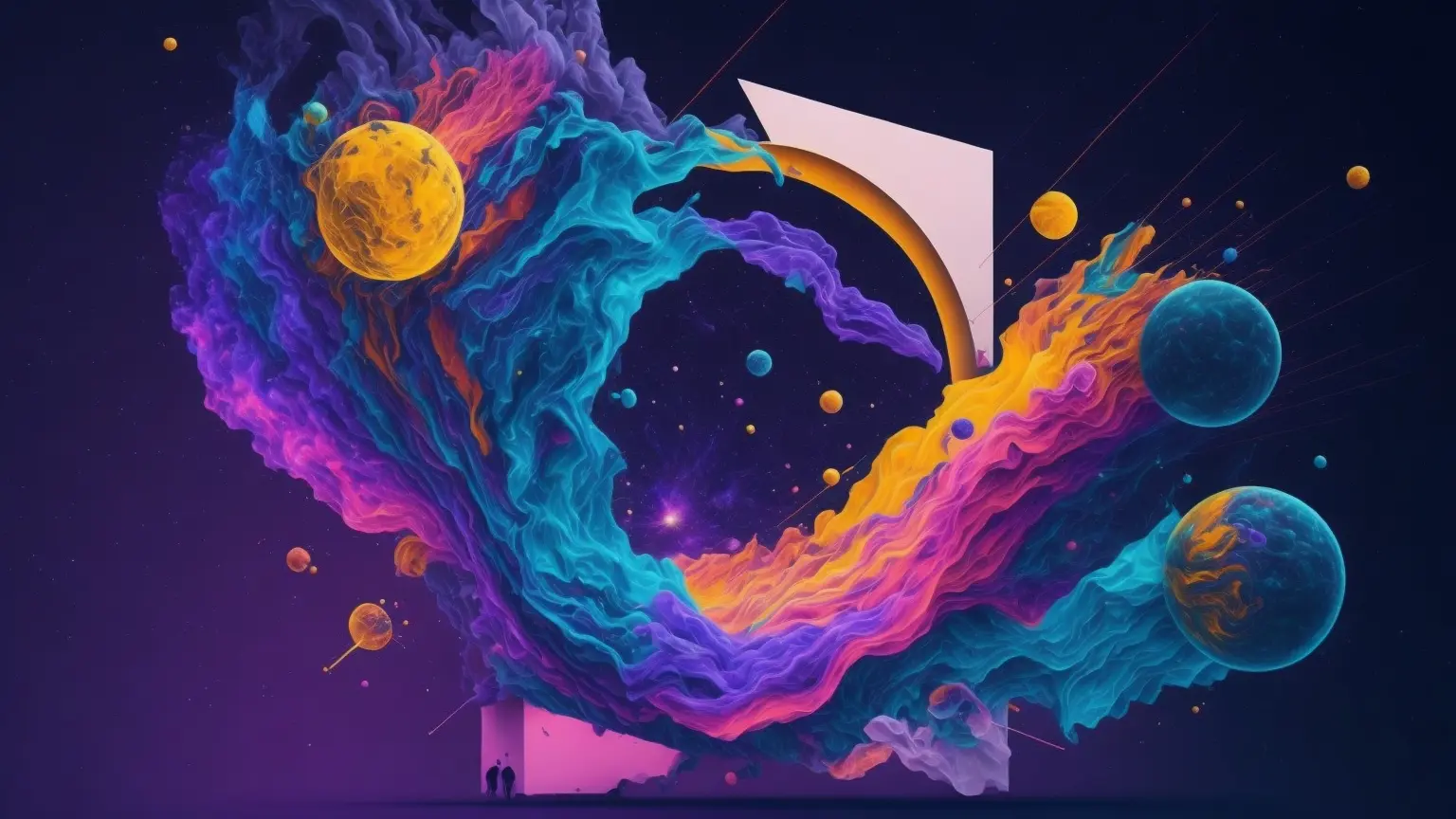Platforms to Craft NFTs sans Coding Expertise: An All-Encompassing Review


Prelude
In the recent times, the acronym NFT (Non-Fungible Token) has become a buzzword in the digital realm. These tokens represent a spectrum of digital assets, encompassing artwork, music, games, and more. Nonetheless, not everyone is adept at coding, which is often seen as a prerequisite for minting NFTs. This article sheds light on platforms that empower individuals to mint their own NFTs, sans the necessity of deep-rooted knowledge in coding.
Decoding NFTs
NFTs are digital tokens that employ blockchain technology to uniquely authenticate and establish ownership of digital artifacts. They have carved a niche for themselves owing to their capabilities in safeguarding copyrights and establishing provenance for digital content.
Hubs for Minting NFTs
Rarible
Rarible is renowned as a sought-after destination for NFT creation. It proffers a seamless avenue for users to upload media files such as images or videos and metamorphose them into NFTs. Moreover, Rarible accords users the ability to set royalties, ensuring creators earn a share from subsequent sales of their creations.
OpenSea
OpenSea holds the distinction of being the largest marketplace for trading NFTs. It boasts an intuitive interface that empowers users to mint NFTs through uploading creations and stipulating attributes like pricing and royalties.
Mintable
Mintable is another distinguished player in the NFT creation domain. What sets it apart are features like “gasless” token creation, which notably curtails transaction expenditures on the Ethereum blockchain.
Foundation
Foundation is an avant-garde platform tailored for artists keen on minting NFTs. With its chic design coupled with tools for crafting limited-edition NFTs, Foundation is a favorite among the art cognoscenti.
Crucial Facets to Mull Over When Opting for a Platform
Fee Structure
It’s pivotal to be cognizant of the fee structure associated with NFT creation and sales. This could encompass initial costs as well as a fraction of the revenues from sales.
Community Ecosystem
A vibrant community and positive standing among peers are vital for a platform. This catalyzes networking and fosters support from fellow denizens of the ecosystem.
Compatibility with Blockchains
It is imperative to ascertain the blockchain networks a platform supports. While some may exclusively cater to Ethereum, others may extend support to a broader range of blockchains including Binance Smart Chain or Flow.
User Experience
The user interface of the platform should be crafted to ensure ease of navigation and an intuitive experience, especially for those who are novices in the NFT arena.
Legal Nuances
It’s paramount to be heedful of legal intricacies such as copyright infringement that may arise in the NFT creation process. Ascertain that you possess the requisite permissions for the content and abide by the legalities of your jurisdiction.
Epilogue
The allure of NFT creation has witnessed an upsurge, and a plethora of platforms are democratizing this process for those who may not be coding aficionados. In your quest for the ideal platform, weigh the fee structure, blockchain compatibility, user experience, and reputation. Additionally, be vigilant of the legal nuances. Equipped with insights from this article, you are poised to make a well-informed decision and embark on your odyssey in the enthralling world of NFTs.
Recent Posts
How to Manage an Online Community: Best Practices for Success
In today's digital age, online communities have become a pivotal aspect of brand building, marketing, and fostering user engagement. Proper…
The Future Smart Home: Automation, Energy Efficiency & Next-gen Technologies
Automation, Energy Efficiency, and Cutting-edge Technologies in Domestic Management. 1. Introduction In today's world, technology continues to become more integrated…
Building an Online Community: A Step-by-Step Guide
In today's digital age, online communities have become hubs for knowledge exchange, shared interests, and camaraderie. If you're thinking of…
Blockchain’s Revolution in Real Estate: Ushering in Transparency
Blockchain, originally known as the backbone technology of cryptocurrencies, holds potential far beyond the financial sector. One such area where…
Leveraging Graph Databases for Complex Data Structure Analysis: An Overview of Benefits and Application Methods
The contemporary data landscape is ever-expanding and becoming more intricate, and conventional analysis tools and methods often fall short in…
Leveraging Quantum Computers in Scientific Research: A Revolution in the World of Science
The emergence of the first working prototypes of quantum computers signaled a new era of scientific exploration. With a fundamentally…